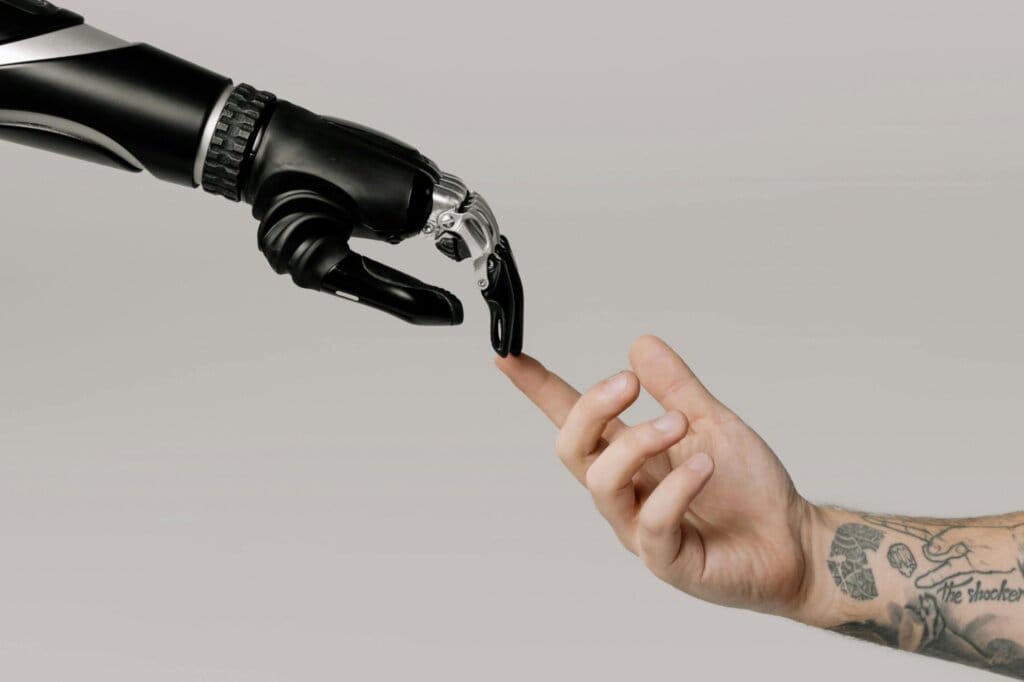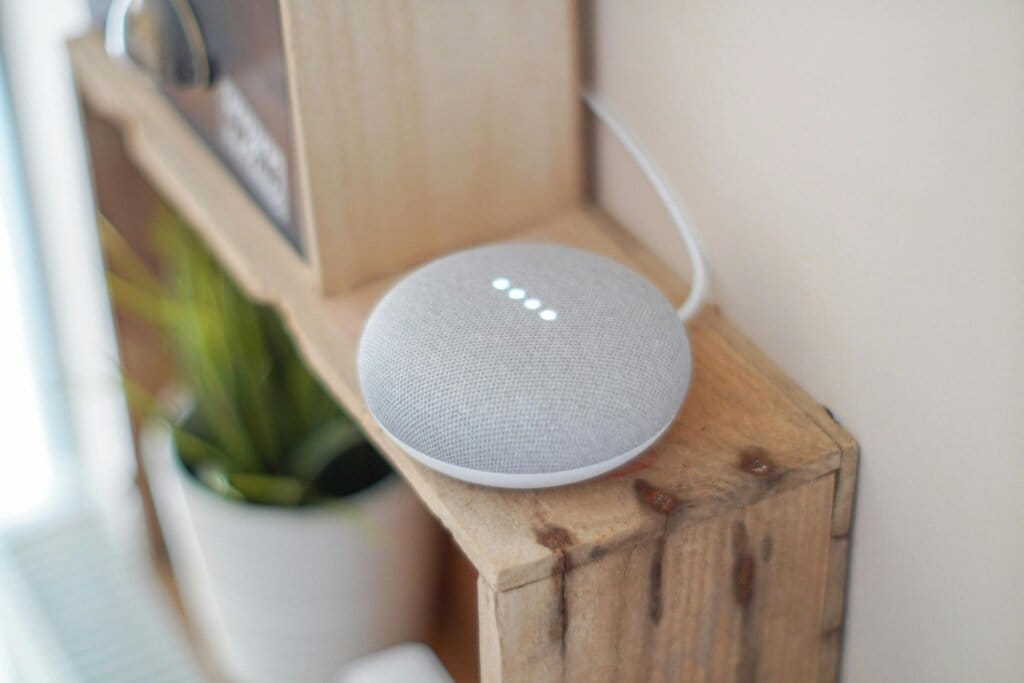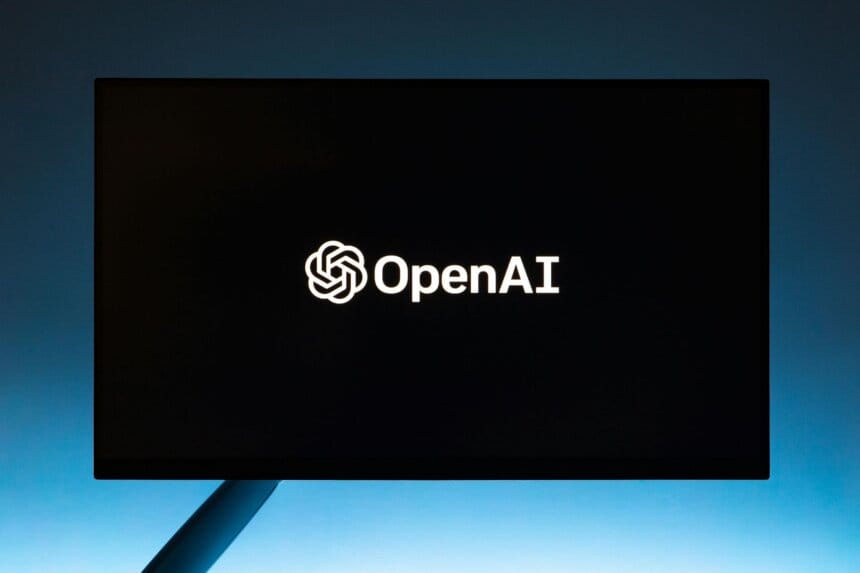Our lives have been completely transformed by artificial intelligence (AI), and chatbots and virtual assistants are two of its most significant uses.
More sophisticated by 2025, these intelligent devices assist people with daily duties, customer service, company operations, healthcare, and even emotional support.
This article examines the advantages, difficulties, and potential future developments of AI chatbots and virtual assistants as they impact daily life.
What are AI chatbots and virtual assistant?
AI chatbots and virtual assistants are software tools that utilize natural language processing (NLP), machine learning (ML), and deep learning to comprehend and react to human communication.
Whereas chatbots focus on text-based dialogues in websites, applications, and messaging services.
Virtual assistants such as Siri, Google Assistant, and Alexa provide voice-activated interactions.
They are capable of carrying out tasks such as setting reminders, playing music, or managing smart devices.

How AI Chatbots and Virtual Assistants Are Transforming Daily Life
AI as customer services
Organizations in various sectors are increasingly employing AI chatbots to manage customer inquiries, leading to shorter waiting periods and enhanced operational efficiency.
By 2025, these chatbots have evolved to be more sophisticated, able to comprehend intricate questions and provide tailored replies.
Firms such as Amazon, banks, airlines, and online retail businesses utilize AI chatbots to support customers around the clock, reducing the need for human involvement.
Virtual assistance for Personal productivity
Virtual assistants have become a crucial component of everyday life.
They aid users by:
Arranging appointments and setting up reminders.
Responding to general knowledge inquiries.
Managing smart home gadgets (lighting, temperature control, security systems).
Offering instant translations for conversations in different languages.
Helping with online shopping by recommending products tailored to individual preferences.
Artificial Intelligence in Healthcare and Wellness
AI-driven virtual assistants in the healthcare sector have enhanced the quality of patient care.
Some well-known uses include:
AI symptom checkers that give initial diagnoses prior to visiting a physician.
Reminders for medications aimed at patients with chronic conditions.
Mental health AI chatbots such as Woebot and Wysa that provide therapy-based assistance for stress, anxiety, and depression.
Digital health assistants that monitor fitness and dietary objectives.
AI Chatbots in Education
The education sector has adopted AI technology through chatbots that function as virtual tutors, aiding students with customized learning strategies.
These AI tools:
Respond to student inquiries immediately
Deliver engaging lessons across various subjects
Facilitate language acquisition by offering real-time feedback on pronunciation
Provide career guidance tailored to students’ interests and academic achievements

AI in Shopping and E-commerce
The world of online shopping has become increasingly tailored thanks to AI-driven shopping assistants.
AI Chatbots evaluate users’ preferences and purchase history to suggest items.
They also offer live price comparisons, handle order management, and address questions regarding return policies, enhancing the efficiency of online shopping.
AI in Travel and Hospitality
AI chatbots have revolutionized how we plan our trips and enjoy our travel experiences.
They Help with:
booking flights and accommodations tailored to individual budgets and preferences.
Give travel suggestions based on weather conditions and personal interests.
Provide immediate customer support for issues such as cancellations, delays, or changes to itineraries.
Serve as virtual tour guides, presenting information about historical landmarks, dining options, and cultural events.
AI in Banking and Finance
Banks and financial institutions utilize AI chatbots for:
Managing accounts and addressing transaction queries.
Detecting fraud and sending security notifications.
Offering customized financial advice and investment recommendations.
Processing applications for loans and credit cards.
Advantages if AI chatbots and virtual assistants
Constant Availability: Unlike people, chatbots and virtual assistants offer service at all hours.
Constant Availability: Unlike people, chatbots and virtual assistants offer service at all hours.
Quicker Replies: AI chatbots lessen waiting periods and deliver immediate responses.
Economic Benefits: Companies cut costs by minimizing the need for human customer support agents.
Customization: AI systems adapt based on user behavior, providing personalized suggestions.
Enhanced Efficiency: Virtual assistants manage routine duties, enabling users to concentrate on more significant tasks.
AI chatbots lessen waiting periods and deliver immediate responses.
Economic Benefits: Companies cut costs by minimizing the need for human customer support agents.
Customization: AI systems adapt based on user behavior, providing personalized suggestions.
Enhanced Efficiency: Virtual assistants manage routine duties, enabling users to concentrate on more significant tasks.
Challanges and Limitations of AI chatbots and virtual assistants
Although they offer benefits, AI chatbots and virtual assistants encounter several obstacles:
Narrow Comprehension: AI might misinterpret complicated questions or struggle to grasp emotional nuances.
Security and Privacy Concerns: Personal information shared with AI assistants can be susceptible to cyber threats.
Absence of Human Connection: While AI can mimic conversations, it does not possess genuine empathy or emotional intelligence.
Reliance on Internet and Data: AI assistants need a stable internet connection and access to extensive datasets to operate effectively.

The future of AI chatbots and virtual assistants
As technology progresses, AI chatbots and virtual assistants will keep evolving. Future developments will include:
More Conversational Like Humans: Advances in natural language processing (NLP) will lead to more fluid and emotionally aware AI interactions.
Greater Personalization: AI will more accurately anticipate user requirements and offer proactive assistance.
Integration with Augmented Reality (AR) and Virtual Reality (VR): AI assistants may help users navigate immersive virtual settings.
Improved Security Measures: AI developers will prioritize enhancing data security and user privacy.
AI-Driven Companionship: More sophisticated emotional AI chatbots may assist with feelings of loneliness and support mental well-being.
Conclusion
By 2025, chatbots and virtual assistants have become integral to everyday life, enhancing customer service, productivity, healthcare, education, and more.
While they present many advantages, challenges like security issues and the absence of a human touch still remain.
As artificial intelligence continues to grow, these digital helpers will be even more advanced and embedded in our lives, influencing how we engage with technology and each other.
Also check: AI in 2025,what’s new in 2025?









